- Home›
- Healthy Living›
- 5 Most Common Reproductive Health Concerns In Women
5 Most Common Reproductive Health Concerns In Women
By: Priyanka Maheshwari Sun, 31 Dec 2023 3:15:19
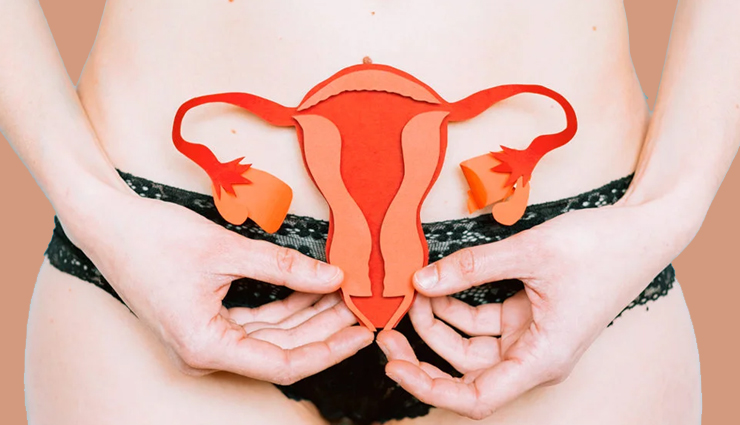
The overall well-being of a woman is closely tied to the health of her reproductive system, influencing her ability to make important life decisions, particularly regarding family planning.
Importance of Reproductive Health for Women
To begin with, women have unique reproductive and sexual health requirements. Secondly, their intricate reproductive system is susceptible to dysfunction or disease both before activation and after cessation.
Disease patterns in women often differ from those in men due to factors like genetic makeup, hormonal environment, and gender-related lifestyle behaviors.
The reproductive system can interact with conditions in other body systems or medical treatments. Additionally, women face social challenges that can impact their mental, physical, and social health, including issues such as female genital mutilation, domestic violence, and sexual abuse.
Given its central role in women's health, the reproductive system significantly influences its proper functioning, dysfunction, and susceptibility to diseases.
Common Reproductive Health Concerns for Women
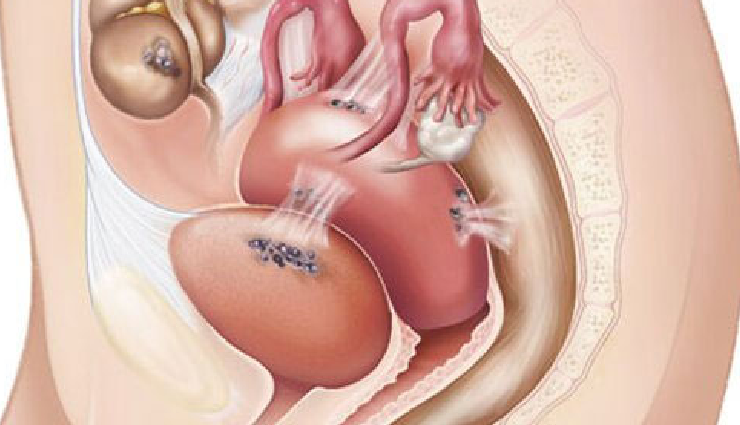
# Endometriosis
Endometriosis, a frequently painful condition, impacts fertility by causing the growth of the same uterine lining tissue outside the uterus. Women facing challenges with conception have a six to eight times higher likelihood of developing endometriosis. Fertility can be enhanced through procedures like in vitro fertilization or surgery.
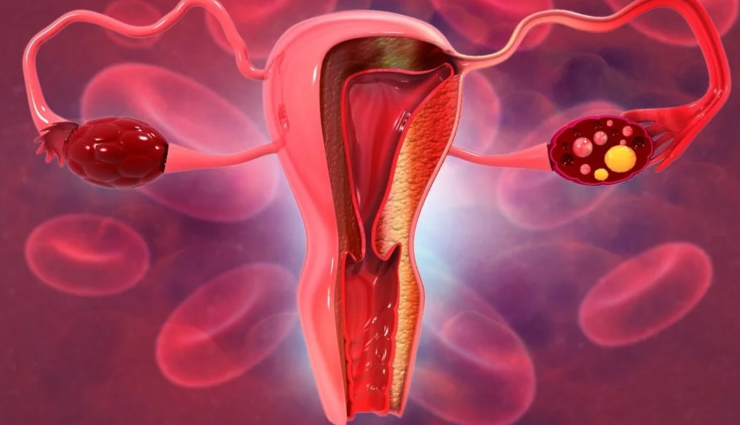
# Cervical cancer
Annually, over 11,000 women receive a diagnosis of cervical cancer, a condition attributed to the human papillomavirus (HPV). If you are facing cervical cancer, consult with your doctor about future pregnancy possibilities. Early detection and treatment of cervical cancer can be achieved through Pap smears. Inquire about available options for achieving pregnancy in the event of a diagnosis.
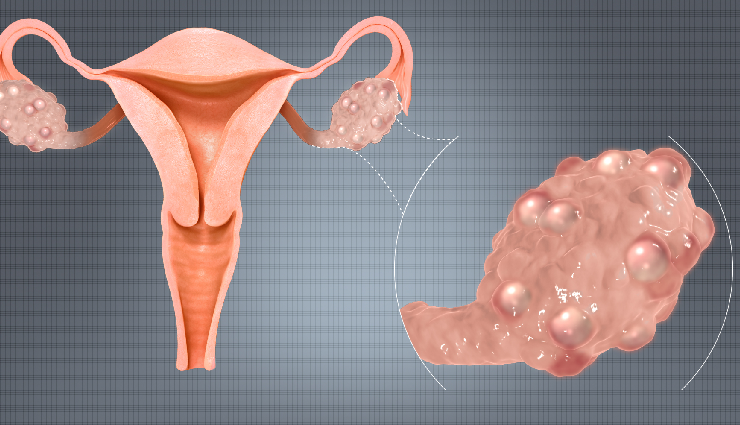
# Polycystic ovary syndrome (PCOS)
Many women are unaware of having polycystic ovary syndrome (PCOS) until they try to conceive, making infertility a growing concern. PCOS, stemming from a hormonal imbalance, impacts ovulation and can lead to the development of cysts (fluid-filled sacs) on one or both ovaries, irregular menstrual cycles, and elevated hormone levels causing excessive body or facial hair.
For those dealing with PCOS and aiming for a healthy pregnancy, it is advisable to seek guidance from a doctor.

# Female sexual dysfunction
Sexual dysfunction can contribute to and result from infertility, with symptoms such as painful intercourse, diminished interest, and unsatisfactory experiences. If difficulty conceiving is coupled with dissatisfaction in your sex life, discussing these issues with a healthcare professional is recommended. Addressing sexual concerns can potentially enhance the likelihood of conception, making the process more enjoyable.
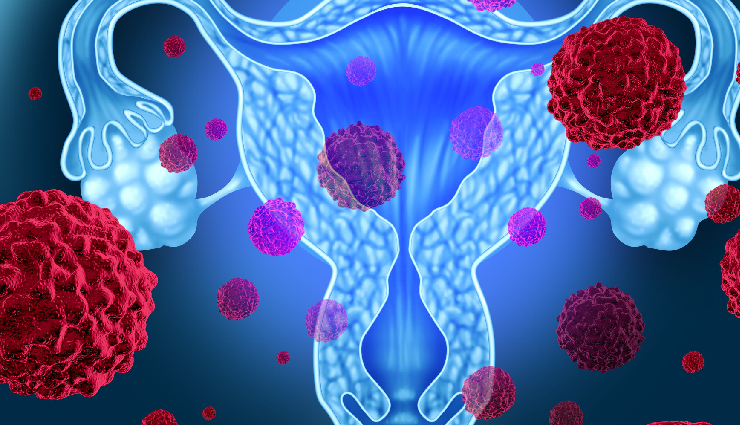
# Uterine fibroids
Fibroids, noncancerous growths consisting of muscle cells and other tissues, develop in and around the uterus (womb) in women of childbearing age. The specific cause of fibroids remains unknown, and being overweight is identified as a risk factor.





